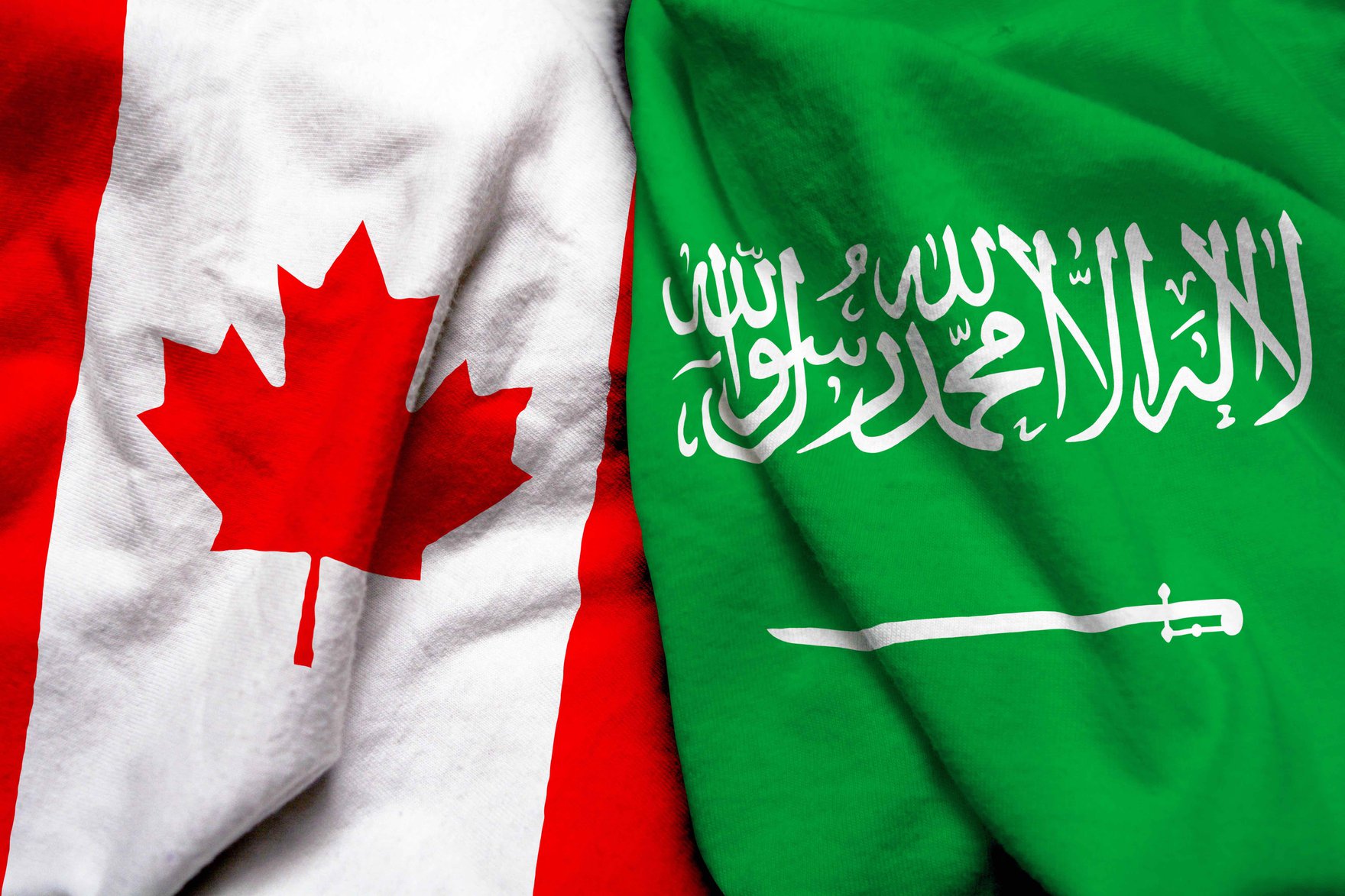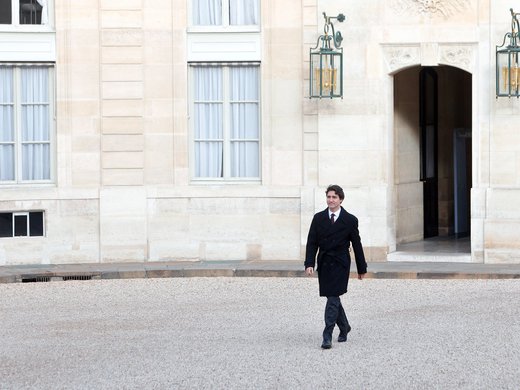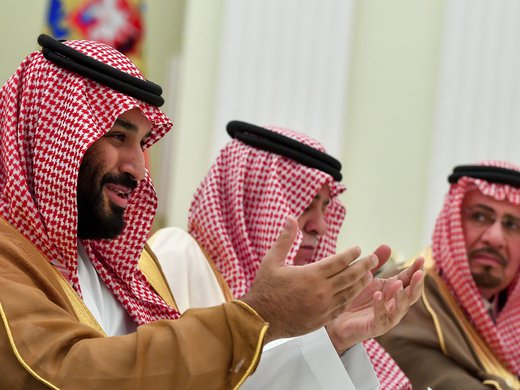In our interconnected and globalized world a tweet, like the proverbial flutter of a butterfly’s wing, may have profound effects far away. Saudi Arabia’s decision to jail prominent women’s rights activists Samar Badawi and Nassima al-Sadah sparked a concerned tweet by Global Affairs Canada and one by Minister of Foreign Affairs Chrystia Freeland that set off a diplomatic and trade relations commotion.
Over the last week the spat rapidly escalated, and Canadians are wondering can the Saudi Arabian government legally take this course of action from a trade and human rights perspective? How could two innocuous tweets have such grave ramifications?
There have been occasional flare ups between Canada and Saudi Arabia related to human rights issues in the past, and while the countries are not particularly close, diplomatic relations have not been effected — likely to allow discussions on difficult issues to continue.
Foreign Affairs Minister Chyrstia Freeland expressed concern last week that Saudi Arabia had expelled Canada’s ambassador, but emphasized that our embassy in Riyadh will continue its regular operations and specifically invited diplomatic dialogue on human rights.
International human rights are the responsibility of all nations so expressing of concern about Saudi Arabian actions is not interference by Canada. Arbitrary detention, torture and corporal punishment are contrary to international human rights and humanitarian law. All nations are subject to these norms and are expected to comply with and uphold them. Women’s rights are human rights, recognized by the United Nations (UN) since the Universal Declaration of Human Rights of 1948.
In taking a strong position urging Saudi Arabia to release peaceful human rights activists, Canada is expressing the position that women’s rights are human rights and are equally deserving of universal respect and protection. This is consistent with the feminist foreign and international assistance policy articulated by the Canadian government.
The current Liberal government also characterizes itself as feminist and has strengthened domestic implementation of gender analysis in policy making. Canada supports the Joint Declaration on Trade and Women’s Economic Empowerment made at the World Trade Organization’s (WTO) Ministerial Conference in Buenos Aires in 2017.
Additionally, Canada has been including or seeking to include gender language in new and renegotiated trade agreements and the empowerment and education of girls and women was a key theme for the G7 Summit hosted by our country this past June. The G7 Summit led to significant financial commitments to support education for the most disadvantaged and vulnerable girls and women.
Saudi Arabia is not a major trading partner for Canada, but it is unfortunate to disrupt potential increases in trade, especially for a country that needs to develop a modern economy and diversify away from heavy reliance on oil.
Saudi Arabia has been a member of the WTO since 2005 and therefore is subject to basic rules against discriminatory trade practice. The WTO agreements create a credible and reliable system of international trade rules that ensures fair and equitable treatment, stimulates economic activity, and promotes trade and development through progressive liberalization. Any Saudi Arabian trade measures directed against Canada would need to be compliant with basic WTO obligations.
At the same time, Canada is a trading nation with connections and potential opportunities in every region of the world. This means that the issue of trade and human rights will flare up when important trading relations are being negotiated with countries whose governments have a poor human rights record.
In the past this incongruence was dealt with, for example, through discussion tables, diplomatic communications, and policy forums on exchanging information and training.
The storm created by the butterfly flutter of Twitter has shown that while the social media allows for succinct, timely and public positioning on current affairs, international relations is too subtle a task to be conducted through Twitter alone.
To support Canada’s feminist foreign policy there needs to be ongoing, deep diplomatic engagement and dialogue to advance the economic and political empowerment of women in both Canada and Saudi Arabia. This would not be interference by either country, but working together to make a better world for all.
This article originally appeared in The Toronto Star.



